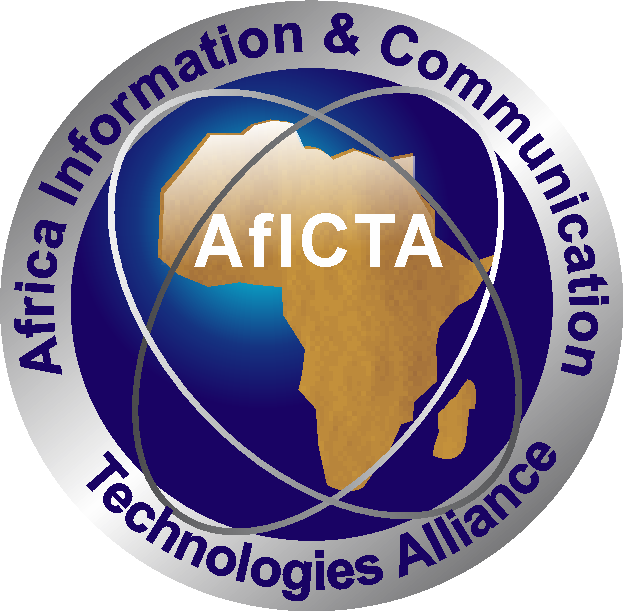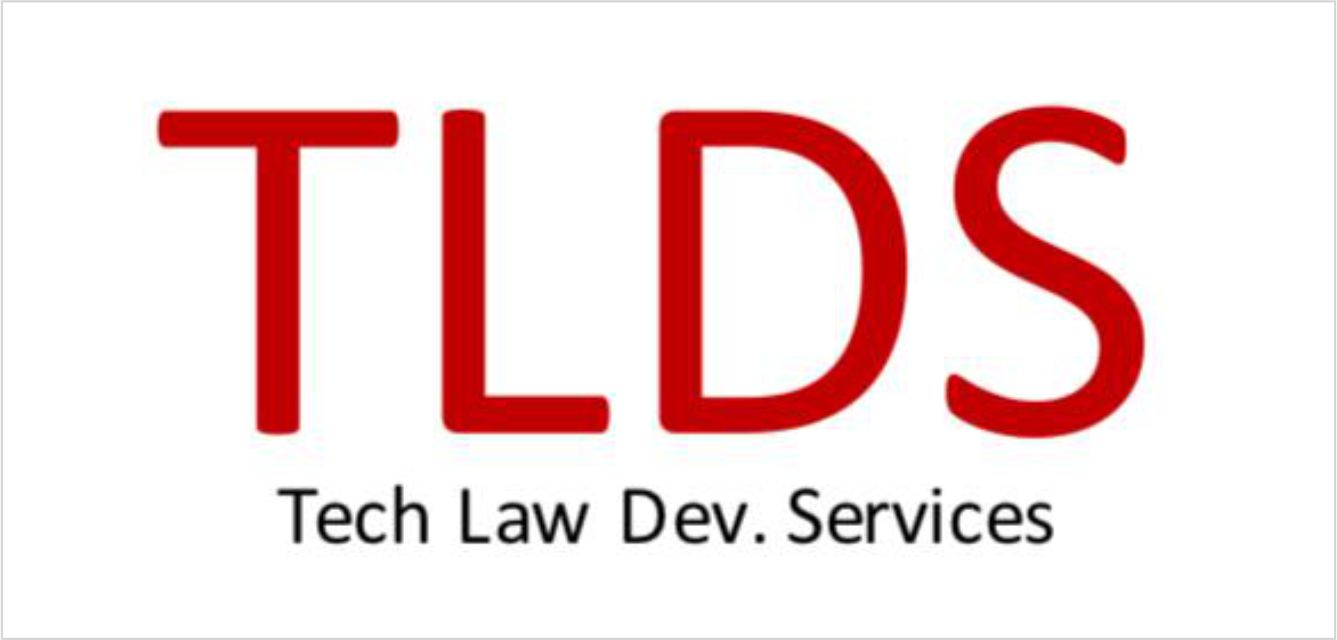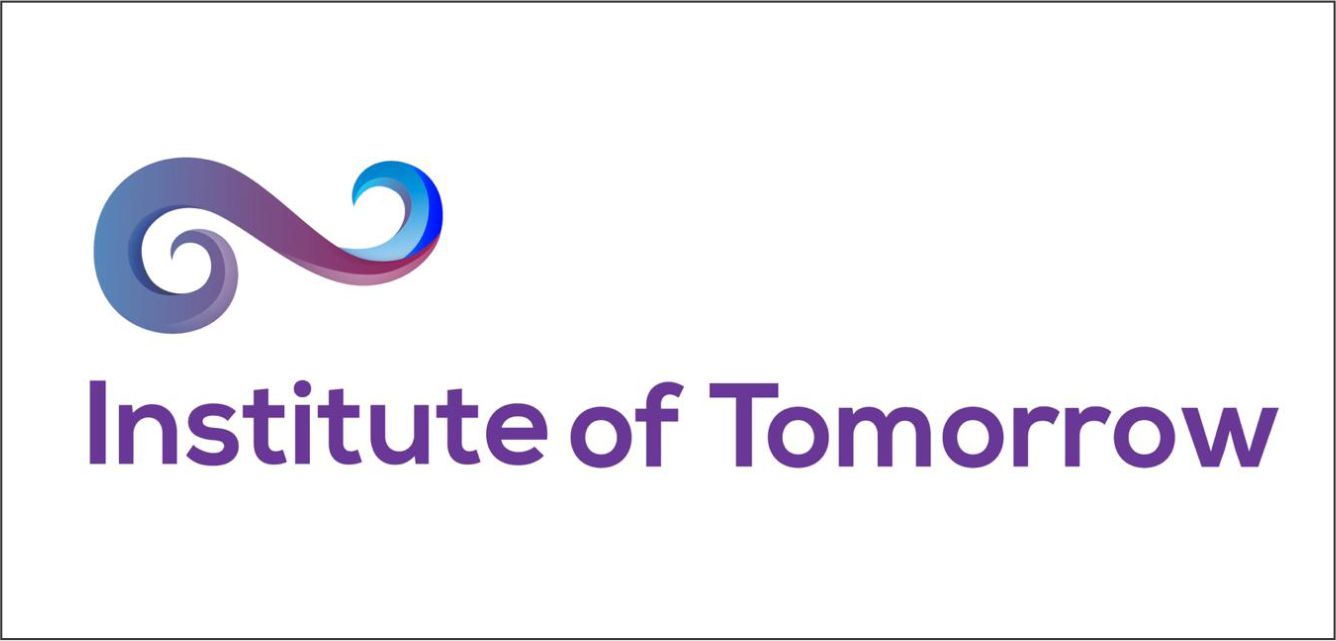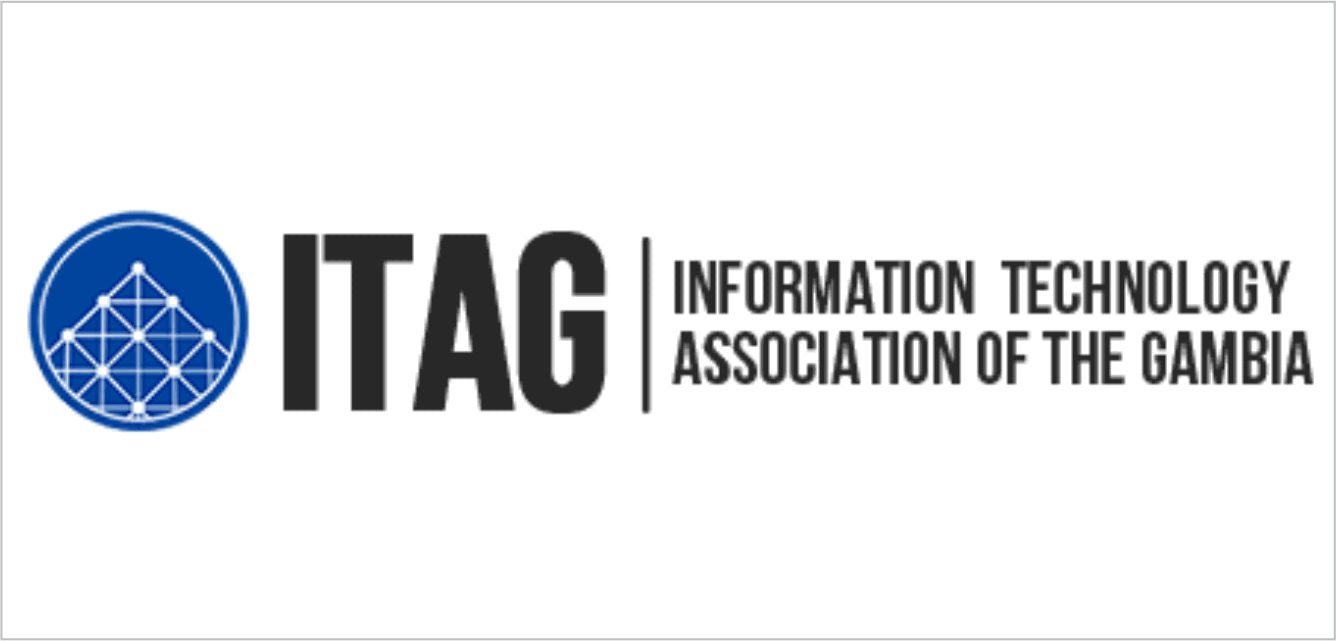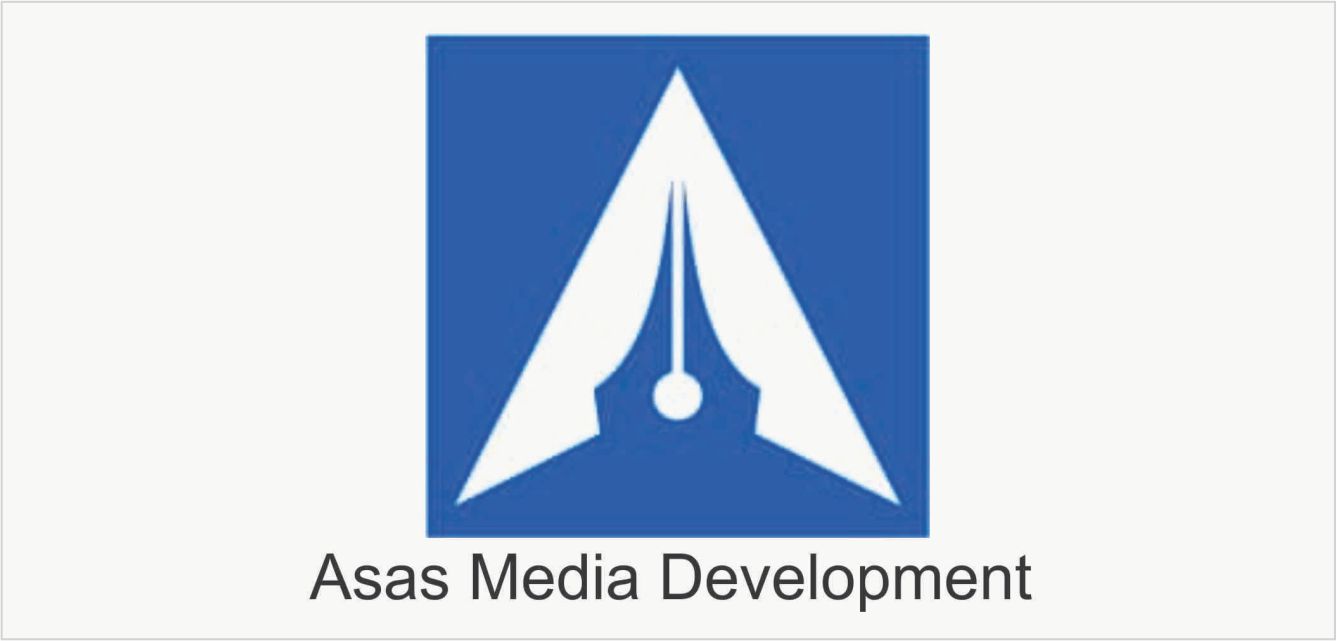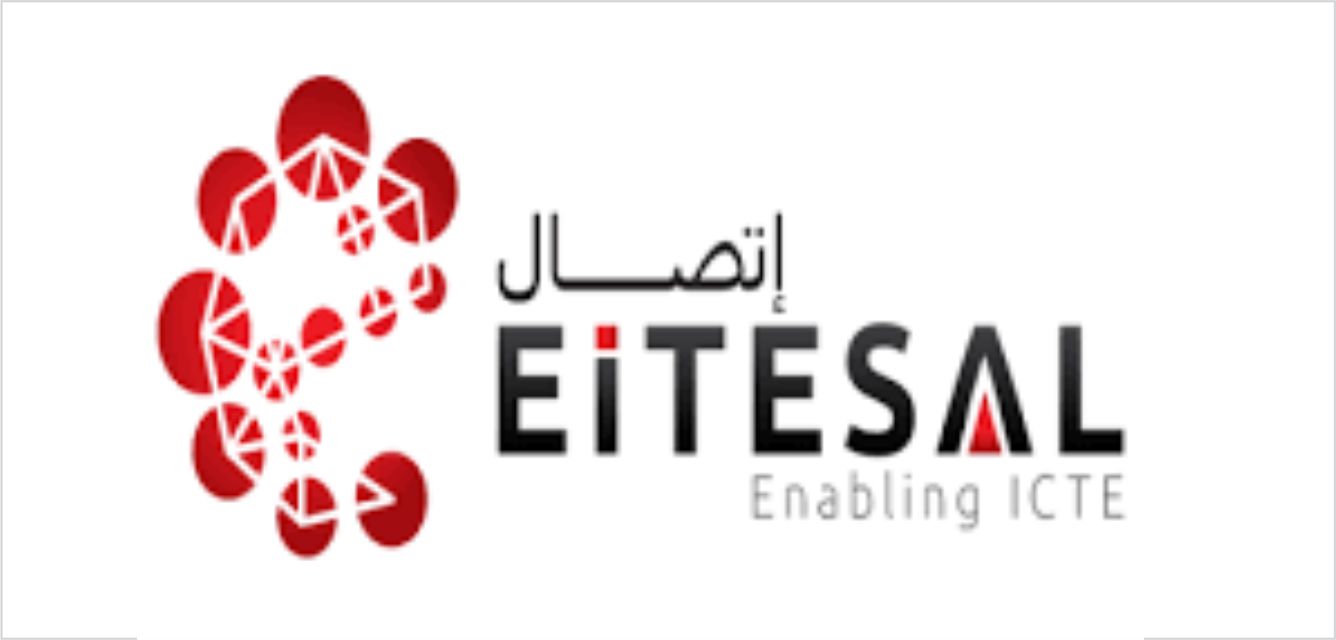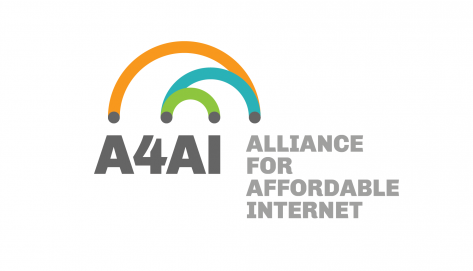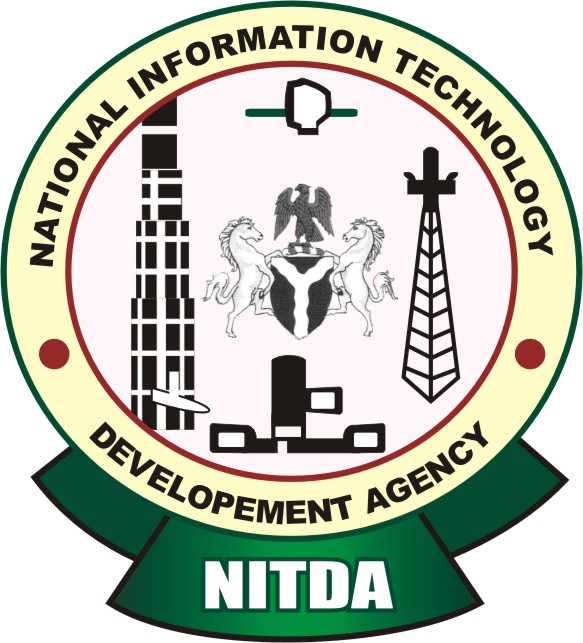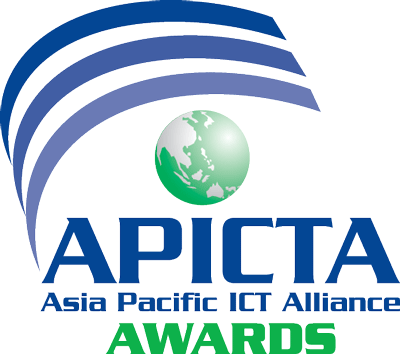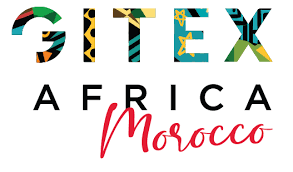 On 24 March 2022, AfICTA in collaboration with the Kemitel S.A organized the 1st edition of its Quarterly webinar for 2022 on "Cryptocurrencies in Africa: Challenges and Opportunities".
On 24 March 2022, AfICTA in collaboration with the Kemitel S.A organized the 1st edition of its Quarterly webinar for 2022 on "Cryptocurrencies in Africa: Challenges and Opportunities".
It provided a platform for professionals from across Africa to discuss issues surrounding the regulation of cryptocurrency in the region highlighting the vast opportunities that could be beneficial to the economic landscape and proffering recommendations on a suitable regulatory framework for the Cryptocurrency market.
The webinar was a very successful one with panelists and participants from all over Africa online who enriched the collective discourse. Among the highly esteemed panellists were: HHI J Olutoyin Oloniteru, Executive Director, Data Analytics Privacy Technology (DAPT); Eric Tchepannou, TechOps Engineer; Christel Youbi, CEO, A&M Group; Rakim Omar, Business Development Director, RayaIT.
Mr. Thabo Mashegoane, the Chairman of AfICTA welcomed all the panelists and the participants for joining the Q1 webinar for the year 2022. He appreciated the theme of the event being addressed by the host and how pertinent the issue is in the current financial market in Africa and globally.
Furthermore, he highlighted that AfICTA as an advocacy group strives to promote the practice of multistakeholderism in all engagement in the ICT ecosystem in the continent hence the reason that people from all stakeholder groups have been invited to benefit from the discourse.
The panellists answered key questions from the Moderator based on the theme of the event to give recommendations on the regulation of Cryptocurrency in Africa.
Mr. Olutoyin Oloniteru was asked “What is, in your opinion the major benefits of cryptocurrencies for Africa” and he summarized that the major benefit of the cryptocurrency market for Africa is that it provides an opportunity for African countries to develop at relatively the same speed as other continents. It also engenders trues independence for most countries that were still colonized and under European country's control when the World Bank and IMF overlays were established in the 40s. It also provides the opportunity for Africa to create its own unique cryptocurrency that is designed based on the economic, and sociological realities in Africa while under legal boundaries. Finally, the creation of a unique cryptocurrency to serve its growing population also engender the implementation of the Africa Free Trade Agreement.
Finally, Mr. Toyin stated that "A hierarchical Crypto regime should be adopted whether there is one single and unified African Cryptocurrency which gives room for other cryptocurrencies t be mapped into it through a convertible model and framework. The advantage hers is that a single and with other national fiat money, traditional legal tender, fiat cryptocurrency and CBDC would be devaluation resistant."
Ms. Christel Youbi commented on the issues with the mass adoption of cryptocurrency in Africa elucidating that the major factor affecting adoption is the lack of centralized control of the digital currencies and the trust factor associated with exploring new technologies. African citizens are scared of the unknown due to the lack of control over the stability of digital currencies. She also highlighted that it is imperative that government rather than adding to the problem by prohibiting the use of the digital cryptocurrency should engage in widespread sensitization programs to demystify the misconception around trust and inform the general public on the value of cryptocurrency and in particular the benefits of having one which is unique to Africa.
Mr. Eric Tchepannou highlighted that as with anything new it takes time to fully get people on board but the risk element associated with the DLT and cryptocurrency trade, in general, is being worked on continuously. He stated that the multi-signature concept is being integrated into the bitcoin cryptocurrency protocol. There is risk associated with any new venture and we must take the responsibility of catering to our assets by ensuring we trade in cryptocurrencies with a proven track record as that is the price for the freedom which comes with the crypto market.
Mr. Karim also added that the dichotomy between the CBDC and the decentralized digital cryptocurrencies is in the adoption of these technologies. He stated that in some countries where Cryptocurrencies have to be accepted as legal tender, they also considered the adoption of CBDC with KPIs and rules which help creates a better instrument for regulation and more reliable investment. Secondly, he added that the idea of a "stable coin" does not necessarily have to be completely decentralized but can be blockchain-inspired and can be adopted by the monetary institutions to better accommodate cryptocurrencies and the nation's legal tender.
Mr. Toyin emphasized the need for a curriculum on cryptography and the underlying technology involved from the basic education level. He also added that the issues of fraud and corruption in cryptocurrency should be an issue that the intelligence and security agencies need to address but if the central Bank the zenith financial institution if banned the use of cryptocurrencies then how can they learn and understand the necessary skills to carry out crypto forensics and prosecute bad actors. He concludes that there has to be continuous formal training for stakeholders both in the private and public sectors as all attempts to foster stability, trust, and adoption would be counterintuitive if people are not aware of the basic underlying technology and the best instrument to properly regulates the crypto space.
The Cryptocurrency paradigm provides an opportunity for Africa as a continent to leverage this emerging technology to accelerate our digital transformation strategy and the public sector's disposition of prohibition towards the adoption of cryptocurrency albeit founded on very important concerns on regulation, attribution, and trust frameworks need to be dissuaded. The government in African countries should rather synergize on leveraging the technology to create its own unique unified Afro cryptocurrency as this addresses the concerns of devaluation of national legal tender affecting most African countries. A Central African-wide cryptocurrency platform that imbibes the multi-stakeholder approach needs to be established in order to discuss and address the issues of regulation and adoption of cryptocurrency as this is the future.
Read Full Report Here.
Watch the full session Here.
